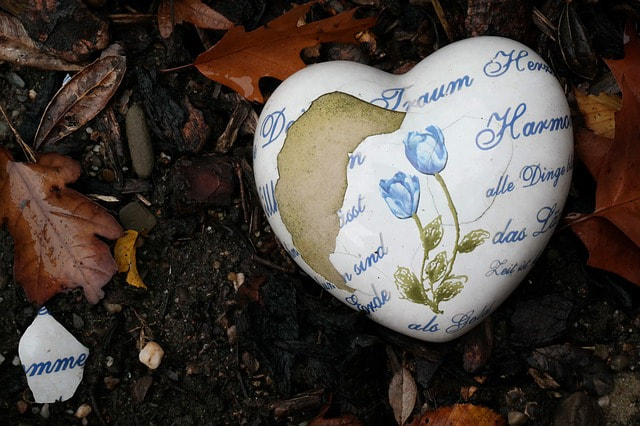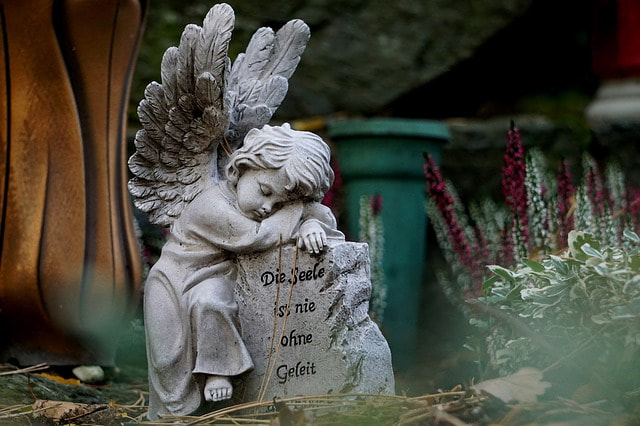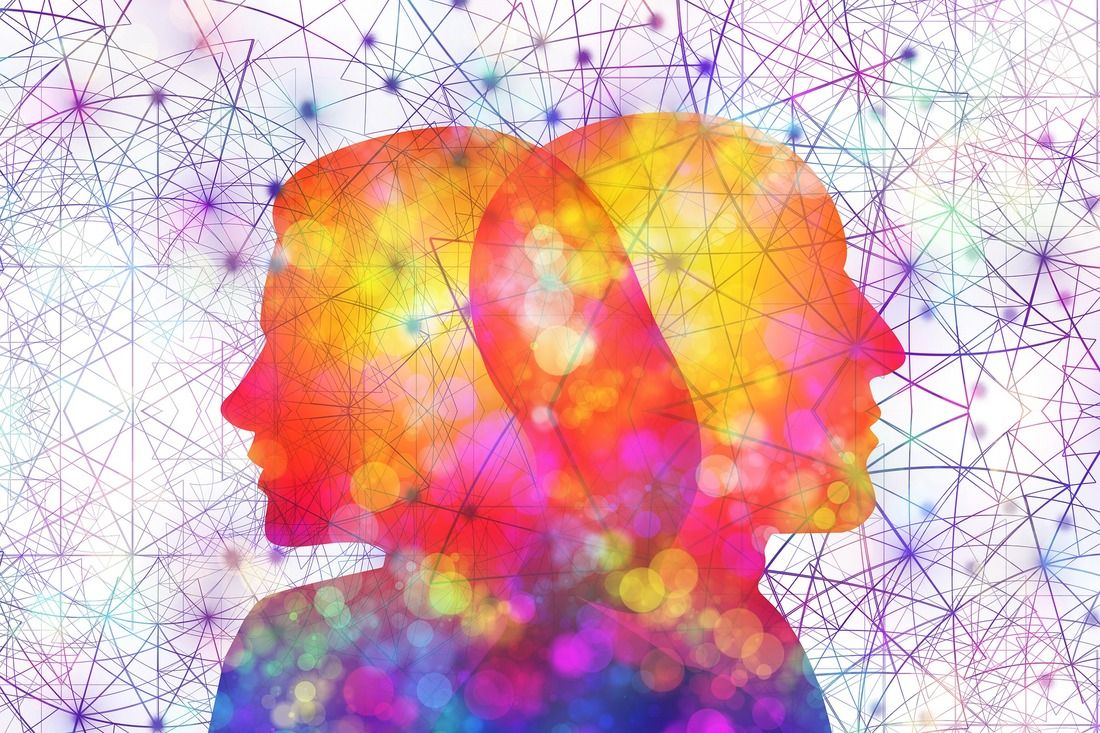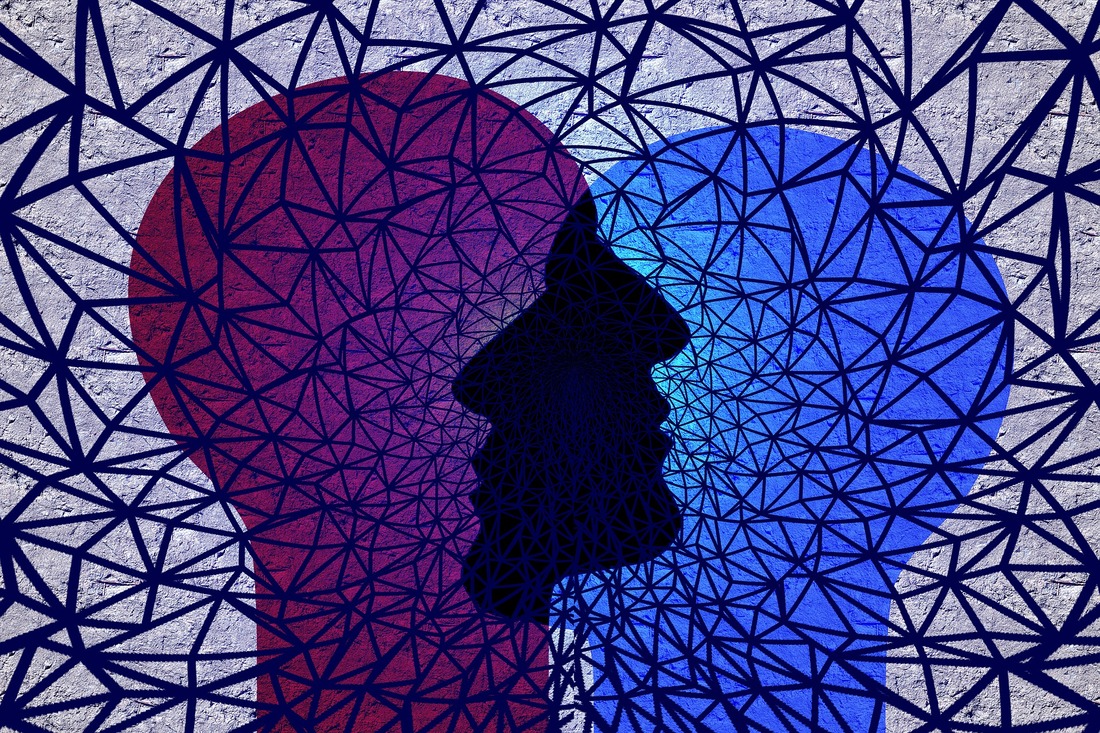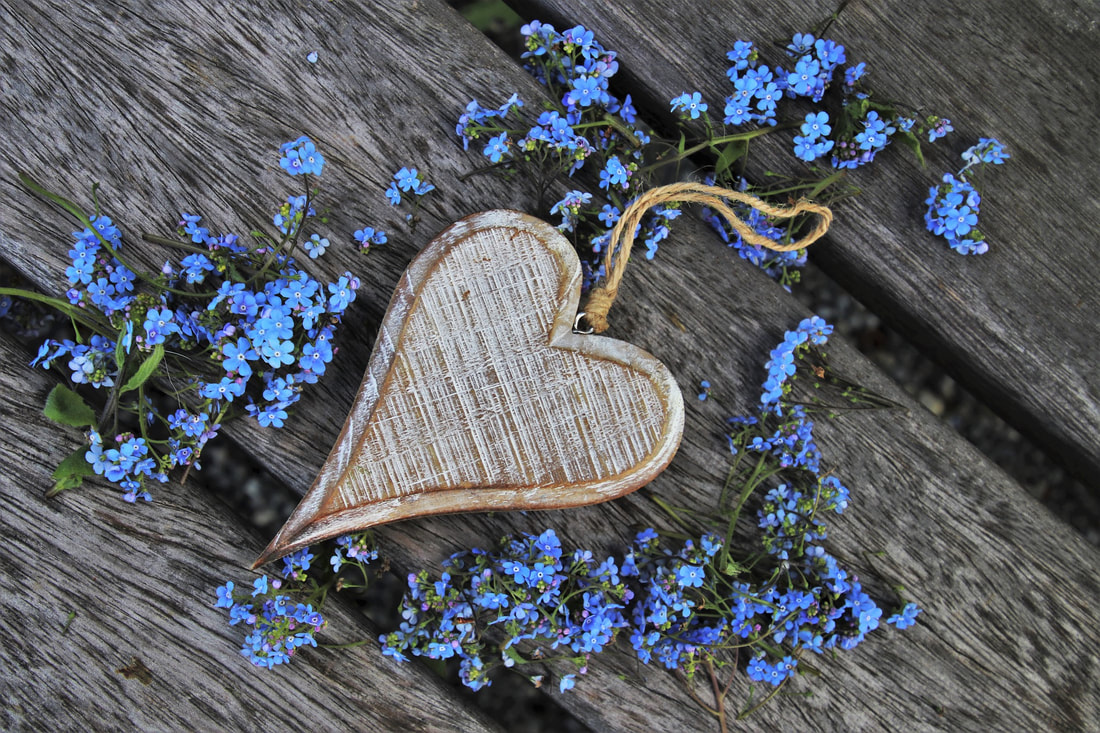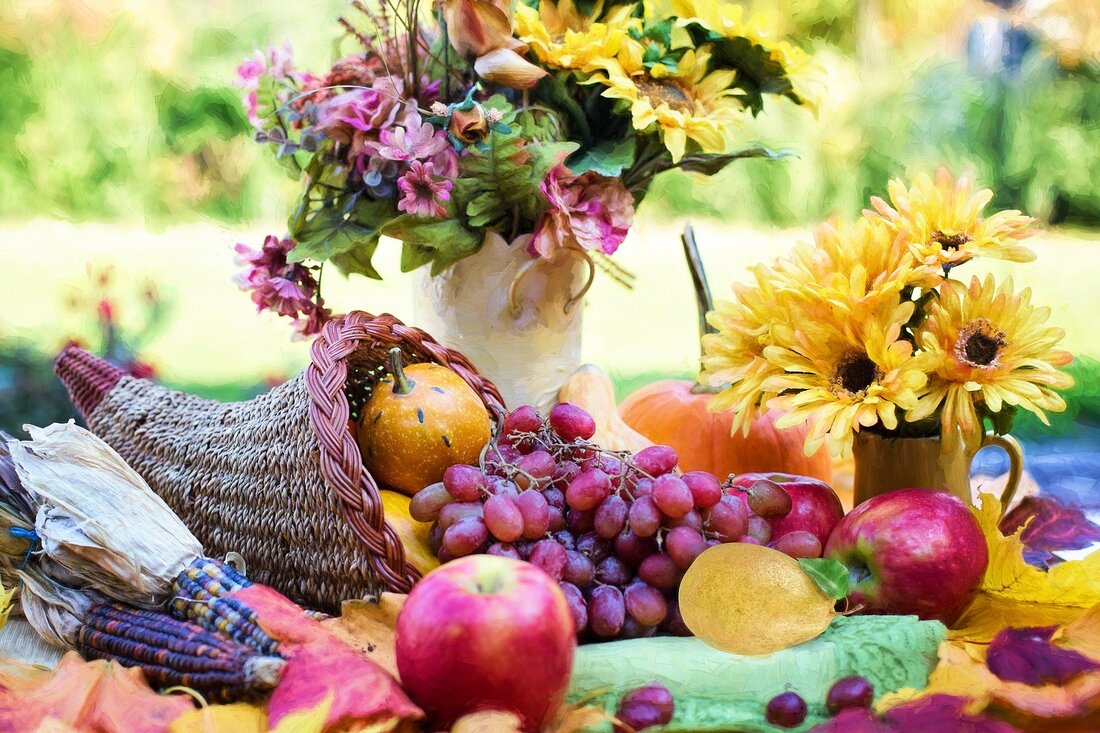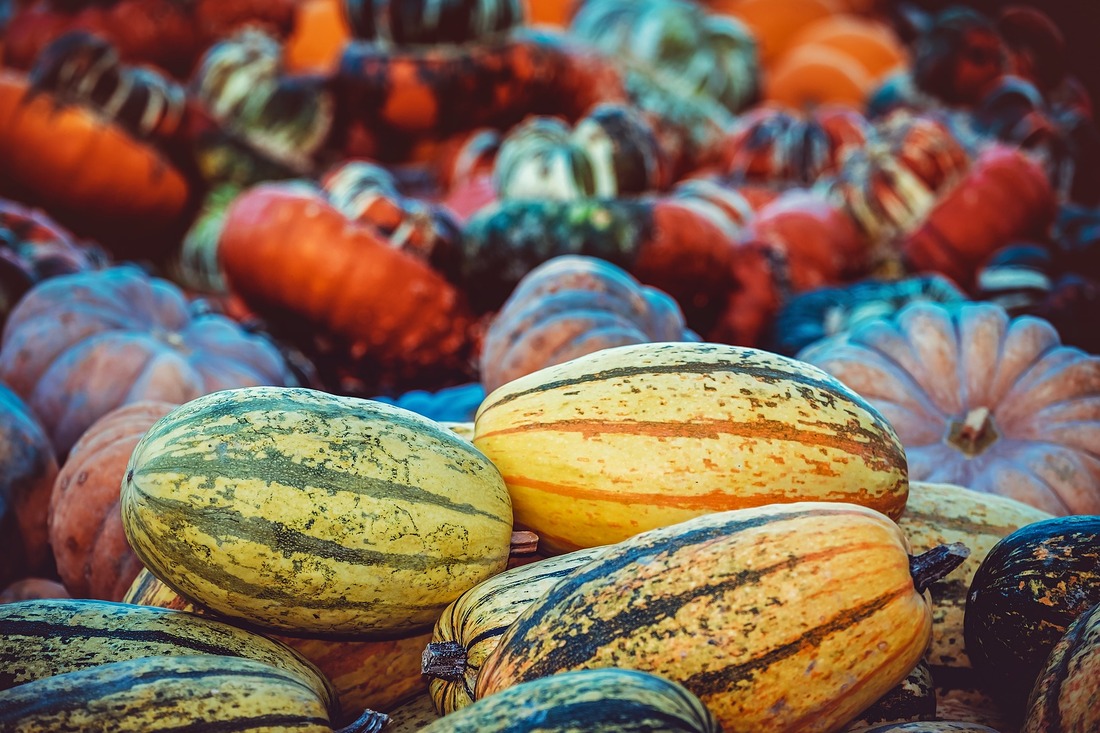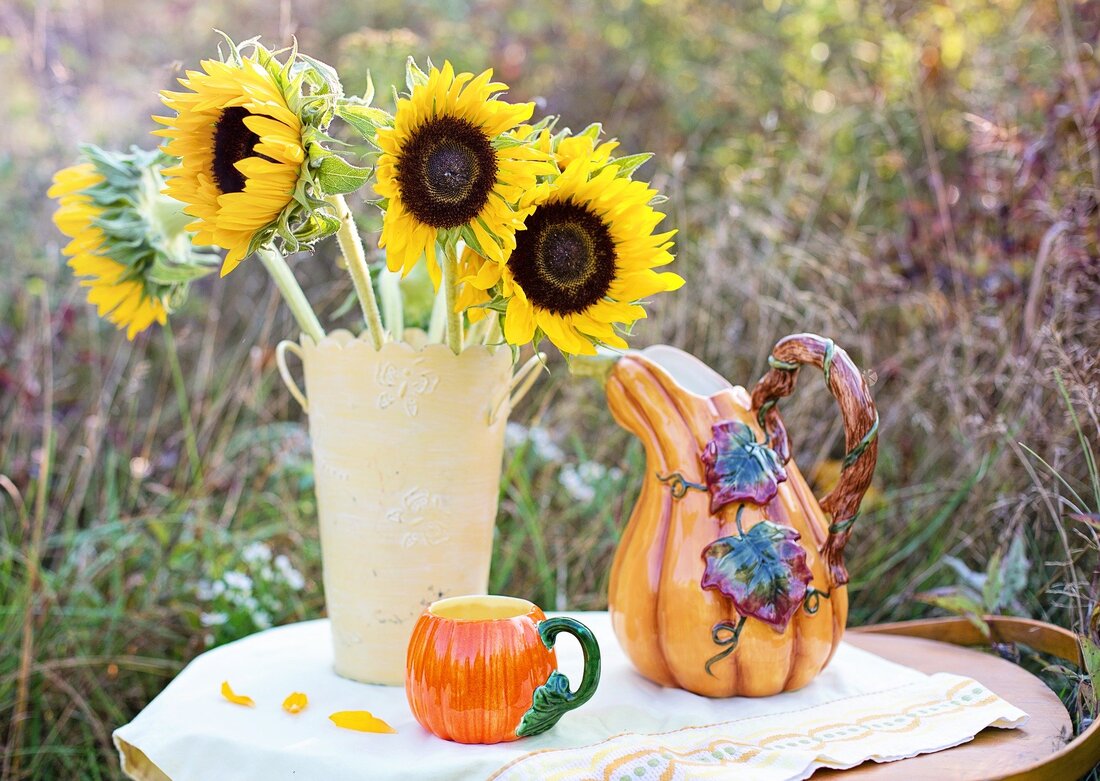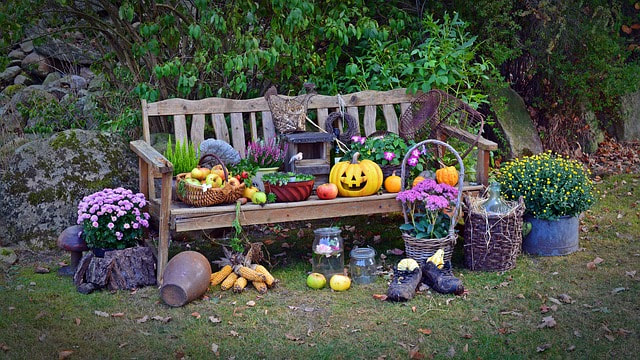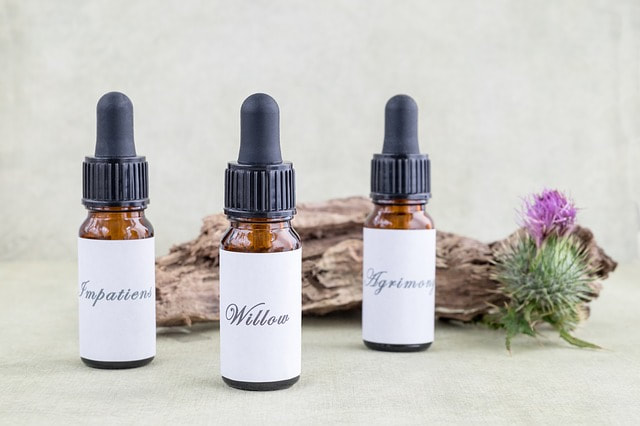In this process of realization, of trying to embrace reality like it is, it is asked of each of us to hold onto something, to hold onto love, hope, reliance, and faith. By holding each other in the web that weaves our collective gives us a sense of being in community.
Often, when visiting with the clients I see in Psychotherapy, I keep reviewing the quote from Victor E. Frankl that says: "When we are no longer able to change a situation, we are challenged to change ourselves."
At the core of our search for meaning and happiness, we can keep asking to ourselves: What makes life meaningful? What gives life value? In order to improve our health and well-being, a philosophical approach to questioning life has also in its core a philosophical benefit tied to what life archetypically represents.
Recent scientific studies on Existential Psychology have broken the concept of the “meaning of life” in three facets. These facets are: coherence, mattering, and purpose.
The first (coherence), speaks of a feeling that life makes sense. The second (mattering), is a concept related to having the sense that one's life has value. And the third (purpose), speaks of having and working toward a specific aim or working toward several goals.
Research also shows us that the factor that was more reliably predicted whether the persons saw life as meaningful was a sense of mattering, thinking that it could have resulted from believing in God, contributing to others, or leaving some form or legacy.
Regardless of age, physical and mental well-being, in a recent study using data from 1,042 U.S. adults, at the University of California, in San Diego, both dimensions, the physical and the mental are strongly correlated with a belief in life's meaning
Many people search for meaning through extraordinary acts or experiences but they may also be able to find it in ordinary daily acts. I testify that many of the clients they seek my support, when they are asked about their sense of purpose in life, interestingly they tend to certify that a preference for routines is correlated for them in having a greater sense of meaning in life.
Would that be related to noting that having routines in life build a coherent sense of self? Is that by doing things that feels appropriate or right can also increase our sense of life's meaning?
CREATING A SANCTUARY IN YOUR HEART
Often, for grieving states and sorrow, it is deeply crucial to be in touch with your negative emotions, allowing room for those to be felt, to be seen, expressed, and later released and integrated into our narratives.
Often, our controlling minds try all the time to rationalize the reality itself when things doesn’t make sense, which often prevents the expression of our emotional bodies, blocking and trapping the feelings and sentiments that need to be integrated.
This process can be scary for many to see what is in there that wants to come up, but this process is crucial and necessary because those feelings are the essential elements that provide us with the meaning.
Have you been in touch with your sanctuary within? Have you heard the voice that speaks through your heart instead of your mind? Can you notice the silence and the nourishing heart rate that connects you with your vital center of who you truly are?
What does feeling the vastness of its generosity and love feels to you? Can you allow yourself to be overwhelmed by its power? By the sadness and the same time, the overwhelming love?
A more spiritual approach considers the heart as a portal for compassion and understanding. The heart helps us to foster a sense of coherence and balance, nurturing empathy, and fostering love out of despair.
Creating a safe space in yourself (located at the chest-heart area) and using healthy routines where you can be in touch with your interiority might be crucial at these complicated times to survive and build up your psychological stamina that enforces your immunity and fosters empathy for the flow and circulation of emotion to take place, felt and released.
Taking care of yourself or doing self-care in these difficult times is extremely necessary for everyone to renew their batteries and not infuse negative energy into others. Or if this happens as it often it does, we all need emphatic and responsible others to old us in their solid hearts.
Being responsible for your own life entails you knowing yourself and you knowing how to take care of yourself in very difficult moments. As much as you know how to do that, the more you will be able to be a resource for others.
If not, the world and the demands outside will deplete of your energy if you don't know how to recharge it and you won’t be able to be the vessel for others to also connect to the parts of themselves that are resilient, hopeful and strong.
STAGES OF GRIEF
In 1969, Kübler-Ross book on ‘On Death and Dying’, she described 5 stages of grief: Denial, Anger, Bargaining, Depression and Acceptance. We won’t explain in detail each here but it is very helpful to name them to have a general idea and conceptualize what grief entails and its facets.
These stages are not rigid. Mostly, there is a tendency to cycle through different stages repeatedly until the grief is almost completed. We might say “almost” because major losses require a lot of time and energy to go through to complete the stage.
For example, the anniversaries and holidays are good marks to know how far one has come to grieve the deaths and the losses of jobs, marriages, etc.
These stages of grief are normal and also are healthy. All life can be seen in terms of change and losses. It’s normal part of life. Every stage is a part of the grieving process we all humans go through. The completion of a cycle we have to go through it is like an archetypal pattern.
Problems and losses are part of life, however, when a person gets struck in one stage or becomes chronically depressed, chronically angry or in an ongoing state of denial, we then have a pretty meaningful diagnostic condition to treat and deal with.
The person can become suicidal, excessively depressed or anxious, or chronically angry. Often, substance abuse or other self-destructive patterns and behaviors can go along to self treat the symptoms. In this case, unresolved grief can take a long time to heal. Often goes unhealed and mostly unnoticed or masked with other mental health problems or symptoms.
A compilation of grief is also another potential problem that occurs when grievers experience many losses in succession or when unresolved losses pile up. The current lost that happened can trigger past losses and a snowball can occur leading to an overwhelming emotional state that the person cannot control.
Unresolved childhood trauma also can easily lead to overload when, as an adult, the person experience new losses. Carl Jung was right when he pointed out that often we label mental illness when a person is just mourning, being a result of the person not being able to grief or not knowing how to make sense of what he-she is feeling and what to make of this experience.
Remember, that we search for meaning and this requires us to go deep into our hearts and souls to discover it. It is not a process we do through the mind. We have to allow the heart to mourn, to open and pour all the feelings out. Then we will learn that Love conquers all.
THE PROCESS OF ACCEPTING LOSS
What does he meant by that? Perhaps what Jung meant was that mental illness is often a result of not being able to process the losses or the inability to grief them.
Something gets in the dark that cannot come out to the surface. Instead of naturally being in touch with such pain, in order to cope, we learned to block it, and therefore it comes out as an uncontrollable force, restlessness energy that we today we call it anticipatory anxiety and an ongoing state of restlessness.
Grieving often leads to collapse, to dissociation, and is composed of different stages where the pain is manifested in different forms. As such, grieving is not simply one feeling but many. This involves experiencing different feelings like sadness, shame, guilt, regret, fear, anger, loneliness, and others that often leads to anxiety, depression, melancholic states, or states that are completely the opposite and one can feel completely numb or alienated, with no feeling at all.
Grief also involves having thoughts like: "I should not feel this way." "I would have known." "I should have done something." "I cannot survive this," etc.
In this case, using Flower Essences with some supportive consultations can be of great aid to help process the feelings that are brought forth when someone is lost in all the feelings that emerge from guilt and shame in order to aid to make them conscious.
Seeing grieving as an organic process that we must go through, naturally as the law of gravity can be of great help going through the faces of loss. Furthermore, losses can symbolize many things that give meaning to our lives.
The process can take a short amount of time in the case of a more insignificant thing or it can be a life long journey in the case of the death of a loved one. Each loss requires us to incorporate the loss into the new reality of our life.
LEARNING TO NAME THE UNNAMABLE
When losing the objects of our attachment, we lose a part of ourselves and we normally suffer. We then have to grieve those to heal and become whole again. Therapy often involves supporting clients in these transitional periods of suffering the losses.
Unless acknowledged, the pain of loss just festers within and, absent conscious awareness, subverts the decision-making process, and every other element of functioning.
Definitely, grief gives us a lot of work. It demands from us to slow down, look inside, make sense of what we feel, while we learn to tolerate and re-calibrate our living in a world without - your partner, without your friend, without a job, your plan, or whatever has died or has transformed its form and purpose and leaves us with a void, with a loss.
George Bonanno, a professor of Psychology at Columbia University, as the head of the Loss, Trauma, and Emotion Lab, says: "You can feel grief for anything that is a part of your identity."
Therefore, a big key in exploring what makes us grieve is our attachment to the image of ourselves. This is why requires us to go more in-depth to look inside and awaken, to comprehend who we are “with” that we are attached to and who we are “without”.
Learning to name what has been lost is a sort of especially challenging task. Many people don’t know how to name it or know how to allow themselves to name it as it can be: too scary, too overwhelming for the feeling that comes with it.
Many don't know how to identify the thoughts and the feelings that come along with the grieving process, often thoughts and feelings tied to a core belief. For example: “I cannot live or survive without..[you name it]”.
A REMEDY FORMULA THAT CAN ASSISTS THE GRIEVING PROCESS
The flower essences that are included in the Remedy Formula are the following:
Agrimony – Facilitates honesty out of very painful and inexpressible feelings.
Mimulus – For temporary feelings of loss, fear of death.
Mustard – For deep gloom and depression (melancholia).
Cherry Plum – For fear of losing control.
Star of Bethlehem – Brings comfort in a time of great unhappiness.
Olive – For exhaustion and unpleasant moments, helps to endure.
Pine – For guilt and blaming of oneself, restores the sense of Self.
To order this formula go to: https://www.bachflowertherapy.us/12-grief.html
OTHER FLOWER ESSENCES THAT MIGHT HELP TO MOURN (HOSPICE FLOWERS)
You can check the FES Flower Essences (California Flowers) that we offer at our website:
FES Quintessentials: https://www.bachflowertherapy.us/fes-quintessentials.html
Compassionate Care Giver - Text © Flower Essence Society www.flowersociety.org
Angelica – Supports feeling the love and care of spiritual beings; receptivity to guidance and guardianship from angelic realms – addresses loneliness.
Bleeding Heart – Supports releasing attachment to those who can no longer be with us; healing a broken heart – addresses emotional attachment & abandonment.
Borage – Assists in overcoming grief from the death or impending death of a loved one; heart balm for grief – addresses grief & heavy-heartedness.
Forget-Me-Not – Supports connection with loved ones in the spiritual realm – addresses pain, suffering & isolation.
Love-Lies-Bleeding – Supports finding meaning and purpose in one’s suffering – addresses personalization of emotional & physical pain & suffering.
Pink Yarrow – Promotes emotional centering and strength; appropriate emotional boundaries – addresses dysfunctional merging with others.
Red Clover – Supports calmness and centeredness in the midst of challenging circumstances – addresses emotional extremes.
Walnut – Supports letting go and healthy transitions; inner strengthener – addresses inability to let go of departing soul.
Peace-Full - Text © Flower Essence Society • www.flowersociety.org
Alpine Aster – Supports body-free consciousness; freeing the spiritual body from the physical body – addresses fear of death.
Angel’s Trumpet – Supports spiritual surrender; opens the heart to the spiritual world; deep peace – addresses fear of death.
Angelica – Offers protection and benevolence from the Angelic realms – addresses loneliness.
Chrysanthemum – Supports acceptance of one’s own mortality; shifting awareness from lower Self to higher Self – addresses fear of death & mortality.
Forget-Me-Not – Supports connection with loved ones in the spiritual realm; spiritualizing the love currents of the heart – addresses spiritual
isolation.
Love-Lies-Bleeding – Supports soul and spiritual insight and transcendence – addresses personalization of emotional & physical pain and suffering.
Mariposa Lily – Supports connection with the Divine Mother; feeling surrounded by a mantle of warmth and love – addresses feelings of abandonment.
Penstemon – Offers courage to accept and endure suffering – addresses extreme physical hardship.
Walnut – Supports the life passage of death; letting go; transitions – addresses inability to let go and transition.
HARNESSING A NEW BEGINNING
When a person is able to deal with the losses directly and naturally with what comes up for them at all levels, they remain open to life as it is, and in consequence, they are able to see things more clearly. This happens often after a good amount of tears have occurred.
When individuals open up to counseling or to alternative therapies like Flower Therapy it can help them to grieve. They can easily remove blinders or filters that have blocked access to themselves and the world around them.
Ultimately, grieving truly leads to healing and clarity but one has to go through the process of finding the wisdom and the personal growth in themselves. Opening to grief is an opportunity to transformed and healed. New ways of being are there to be discovered while going through a process of transformation.
As we said earlier, considering the 5 stages of grief (denial, anger, bargaining, depression and acceptance), we could add a 6th stage of grief that would speak to “finding meaning”. This ultimate state would entail or become, in my opinion, the result of the integration of all the previous stages.
Arriving to find the purpose and the meaning behind the loss/es will be that we have been truly changed by the circumstances that happen and its suffering, no matter how horrible this experience have been for us. Like the ave phoenix that experiences a rebirth, we become more whole and compassionate beings, ideally better human beings as a result of the loss.
With much love,
Roser Camats Falip, LMFT #105026
Image used from Free Images at https://pixabay.com

